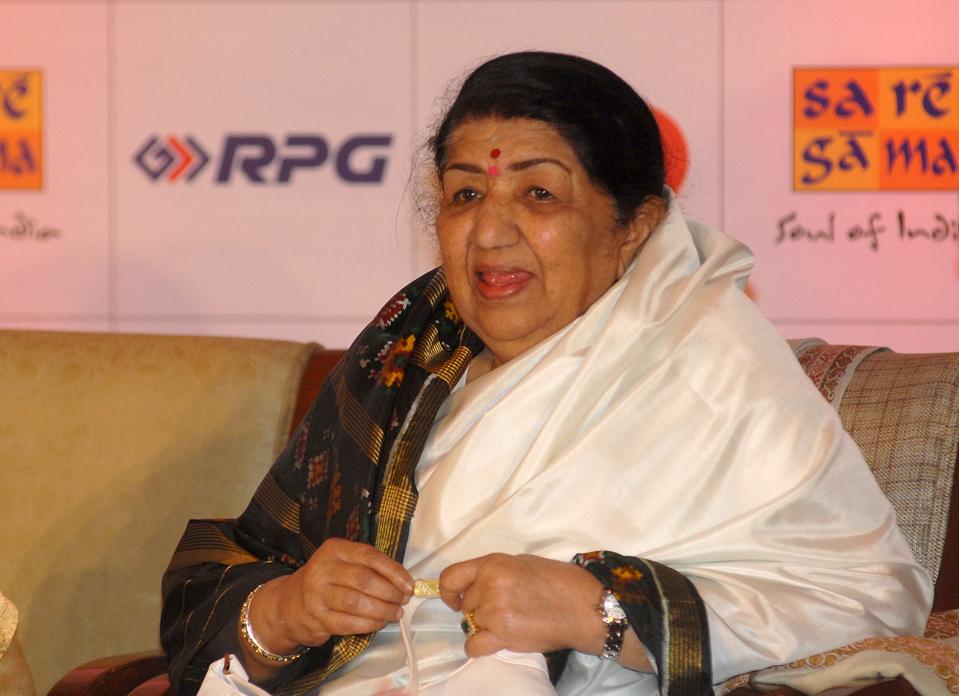For British electronic artist TroyBoi, music has always been a deeply personal expression of heritage and memory. His latest release, “Kabhi,” is more than just a track, it is a cultural bridge. Sampling the hauntingly beautiful voice of the late Lata Mangeshkar from the 2001 Bollywood classic Kabhi Khushi Kabhie Gham, the song becomes a tribute not only to one of India’s most revered vocalists, but also to TroyBoi’s own family history.
The project carries an unmistakably personal layer. His mother, who is from India, is a central figure in his connection to music from the subcontinent. Growing up, TroyBoi often heard classic Bollywood soundtracks playing at home, with Mangeshkar’s voice being an ever-present thread through those memories. That exposure shaped his ear long before his career in electronic music took off. In many ways, Kabhi represents the closing of a circle: a producer known for futuristic trap and bass music incorporating the timeless resonance of Indian cinema into his own modern narrative.
Lata Mangeshkar – A Voice That Defined Generations
For TroyBoi, paying homage to Lata Mangeshkar was not just about a sample. It was about honouring the artist who defined generations of Indian music and, by extension, honouring his mother’s influence on his own journey. Mangeshkar’s voice, often described as transcendent, embodies an emotional core that continues to resonate far beyond India’s borders. By embedding it into Kabhi, TroyBoi taps into something universal: the way music carries memory, identity, and the ties between parent and child.
Lata Mangeshkar, often called the “Nightingale of India,” recorded more than 25,000 songs across multiple languages in a career that spanned seven decades. From early playback singing in the 1940s to becoming the defining voice of Bollywood’s golden age, her artistry shaped how generations understood romance, longing, and devotion on screen. Few artists anywhere in the world have achieved that scale of influence, with her songs forming a backdrop not just for films but for the personal lives of millions.
Her legacy extends well beyond music charts. Mangeshkar was a symbol of cultural continuity in India’s post-independence years, offering a sense of identity through her voice at a time when the nation was finding its own footing. Internationally, she became a cultural ambassador, admired by musicians far beyond South Asia. For TroyBoi, drawing on her work is both an act of reverence and a statement that her voice remains timeless – still capable of connecting generations and geographies.
Rootz – A Project Grounded in Heritage
This isn’t TroyBoi’s first acknowledgment of his South Asian roots, but with his upcoming EP “Rootz,” it feels like the most intentional. The five-track collection leans fully into his Indian identity—both musically and visually—through carefully selected collaborations, traditional samples, and reimaginings of cultural touchstones. The EP opens with “Masala,” powered by the unmistakable vocals of Punjabi star Amrit Maan, before moving into “Okay” with legendary bhangra artist Jazzy B. It also introduces fresh talent through Indo-Swiss artist BombayMami on “Beggin,” adding a modern global voice to the project. Together, these collaborators mirror TroyBoi’s vision of celebrating heritage while pushing boundaries.
Cultural Resonance in a Global Moment
The timing could not be more relevant. As South Asian sounds break through globally—with Punjabi, Tamil, and Hindi voices regularly topping international charts—TroyBoi positions himself at the heart of a movement that celebrates cultural hybridity. Yet unlike trend-driven experiments, Rootz arrives as a body of work grounded in authenticity. Its inspiration was seeded years ago in family living rooms, in shared movie nights, and in the music that his mother adored.
Rootz releases September 19, 2025 on Ultra Records, marking a significant chapter in TroyBoi’s evolution as an artist. With listeners, it offers not just genre-blending club anthems but also a story of heritage, belonging, and the enduring power of a mother’s influence.

